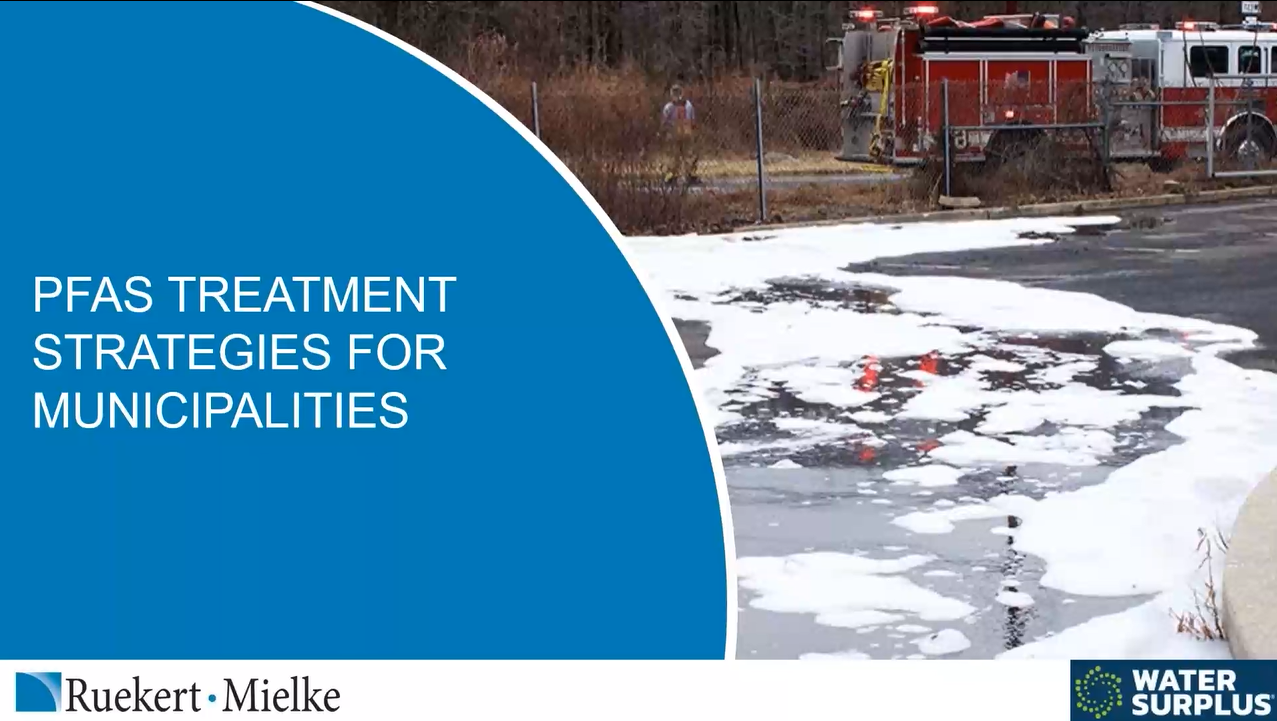Federal standards for per-and polyfluoroalkyl substances (PFAS) for public drinking water systems were updated on April 10, 2024, including 4.0 ppt for PFOA and PFOS compounds. PFAS have been linked to kidney and testicular cancers. In addition, data shows that PFAS could be correlated with lower birth weights, altered immune and reproductive systems, and altered thyroid hormones.
Updated Federal Standards for PFAS
The United States Environmental Protection Agency (EPA) announced new maximum contaminant level (MCL) criteria for six types of PFAS. In addition, non-enforceable, health-based MCL goals (MCLGs) for each type of PFAS were revised.
Source: United States EPA website: https://www.epa.gov/sdwa/and-polyfluoroalkyl-substances-pfas
New Compliance Actions
With the new federal PFAS regulatory levels, there are other PFAS compliance aspects.
Public drinking water systems must complete three years of PFAS monitoring by 2027. Public systems must share the monitoring information with the public beginning in 2027.
Public drinking water systems have until 2029 to implement solutions to reduce PFAS from sources that exceed the MCL levels.
Starting in 2029, public drinking water systems that have sources that exceed an MCL must take action on a more immediate timeline to reduce PFAS levels and provide notification to the public.
What does this Mean for Wisconsin Municipalities?
The current MCL in the state of Wisconsin for PFOA and PFOS is 70 ppt. This level was based on federal guidance from 2016. State regulatory action has not kept up with federal research and action on the PFAS family of emerging contaminants and the state of Wisconsin will adopt the new federal standards. However, this process could take up to three years. In the interim, the Wisconsin MCL standards will remain in place and be enforced by the Wisconsin Department of Natural Resources.
The upcoming PFAS threshold for municipal action will be significantly lower. To ensure future compliance, your municipality should start strategizing its long-term PFAS treatment needs now.
PFAS Treatment Strategies
Watch our on-demand webinar on “PFAS Treatment Strategies for Municipalities” to learn more!
If you have questions or need help complying with PFAS implications, please contact our PFAS treatment experts today.
About the Author
DavID W. Arnott, P.E.
TEAM LEADER / Senior Project Manager
Dave has extensive experience in the planning, design, and construction project management of wastewater treatment facility renovation and upgrade projects. Areas of expertise include treatment processes, hydraulics, mechanical equipment, and wastewater disinfection. He also has experience in sanitary and water pumping station design and sanitary sewer wet weather facilities.






